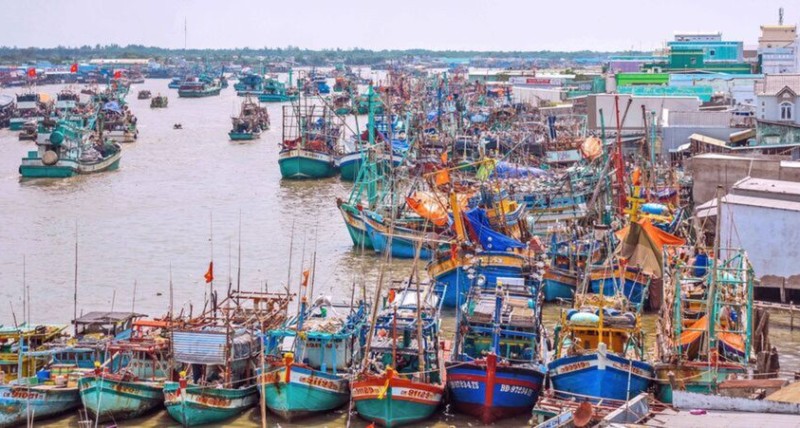
Brussels (Belgium), December 17, 2024 (AFP) – European states approved on Tuesday stricter legislation against pollution from plastic pellets, which are ubiquitous in the industry, with a compromise for maritime transport.
Now that the position of the 27 member states has been finalized, a negotiation cycle will begin in 2025 with the European Parliament to push forward this new law.
The aim of this regulation is to curb pollution caused by plastic pellet leaks. These pellets, measuring up to 5mm, are a key material for producing plastic components and objects once melted down.
The European Union is not imposing a ban but aims to tighten the conditions for their use, as tens of thousands of tons of pellets leak into nature each year, particularly polluting oceans and beaches.
In practice, industries that produce, transport, or process these pellets will need to establish risk assessment plans so that authorities can verify that measures are in place to prevent accidental spills.
Companies must plan to contain potential leaks and quickly carry out cleaning operations if necessary. Large companies face sanctions if these requirements are not met.
The maritime transport sector of plastic pellets was the main point of contention among the 27 member states. Some European countries, like Croatia, wanted to exclude this sector from the law, leaving the International Maritime Organization (IMO) to decide on the issue.
A compromise was ultimately reached, granting the maritime transport sector three years to adapt to the European regulation once it is in effect, compared to two years for other sectors.
According to Brussels, maritime transport accounted for about 38% of all pellets transported within the EU in 2022.
In the event of pollution, the persistence of a plastic pellet in water « can last for decades » because these pellets « are not biodegradable. »
Estimates suggest that between 52,140 and 184,290 tons of pellets were lost to nature in 2019 within the European Union.
Source: marine oceans


